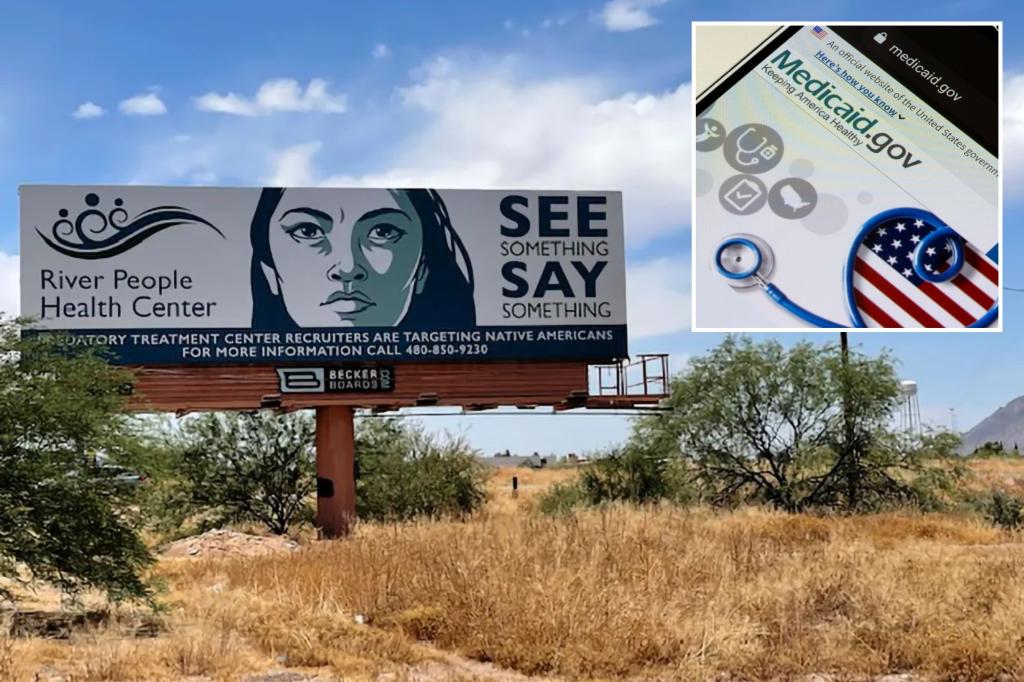Twenty people, a mental health business and a church were charged in an indictment that alleged Arizona’s Medicaid program was defrauded $60 million in a scheme involving billing for mental health treatment and addiction rehabilitation, the latest indictment in a series of crackdowns in the state focusing on sober living homes.
The indictment announced Tuesday alleged Happy House Behavioral Health LLC was paid the money for services that were either never provided or only partially completed and that there was billing for clients who were deceased and incarcerated.
Authorities say sober living homes referred clients to the behavioral health business, which received money from the Arizona Health Care Cost Containment System and then paid the homes for the clients in violation of state law.
Money laundering charges alleged Happy House Behavioral Health paid $5 million in July 2023 to a Hope of Life International Church, which later wired $2 million to an entity in Rwanda.
The charges against Happy House Behavioral Health include conspiracy, fraud, forgery, theft and money laundering.
The Associated Press left an email with a lawyer representing Happy House Behavioral Health.
In a statement, Hope of Life International Church said it was unjustly charged with money laundering for accepting a donation from a licensed sober living facility that was a tenant of the church and was later accused of defrauding the state’s Medicaid program. The church said it didn’t have access to the sober living facility’s internal operations, financial practices or management decisions.
“The church’s only relationship was that of a landlord and, later, as a recipient of a donation — a donation accepted in good faith, consistent with its mission and longstanding practice,” the statement said.
In all, more than 100 people and several companies have been charged in cases brought by Attorney General Kris Mayes’ office in the state’s crackdown on Medicaid fraud and unlicensed sober living homes, many of which targeted tribal community members. The state had suspended payments to more than 100 providers as part of the crackdown.
The scam had left an unknown number of Native Americans homeless on the streets of metro Phoenix as fraudulent sober living homes lost their funding and turned former residents out onto the streets.
Navajos account for most Native Americans grappling with addictions who have been affected by the scam. Navajo officials say that in some cases, people who ended up in the homes were picked up in unmarked vans and driven to the Phoenix area from faraway places on the sprawling Navajo Nation that stretches across northern Arizona, and parts of New Mexico and Utah.
Read the full article here

